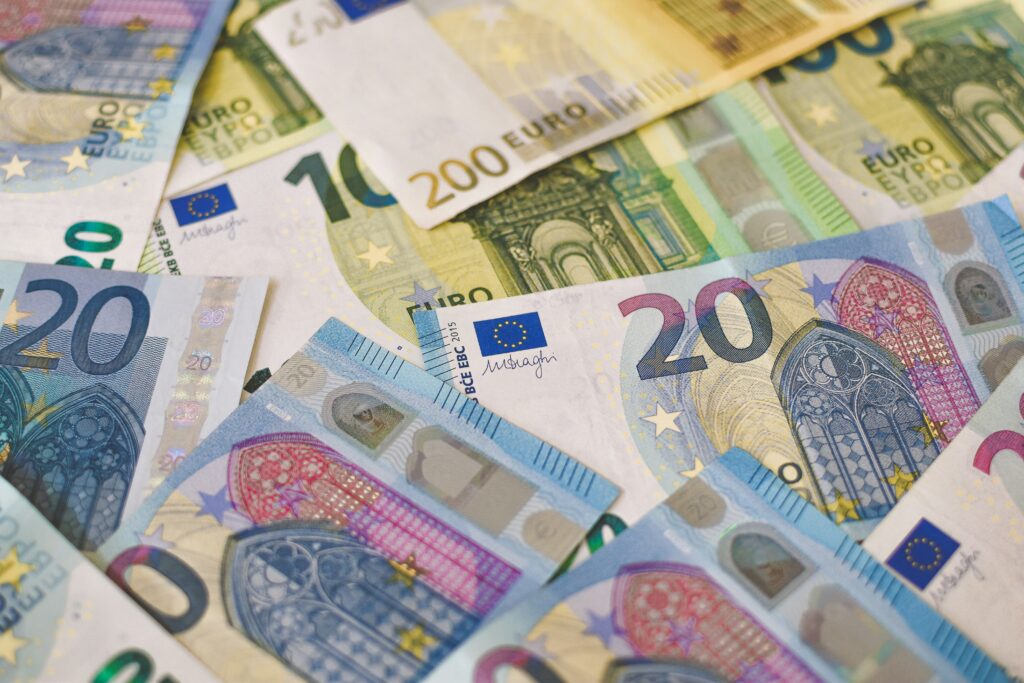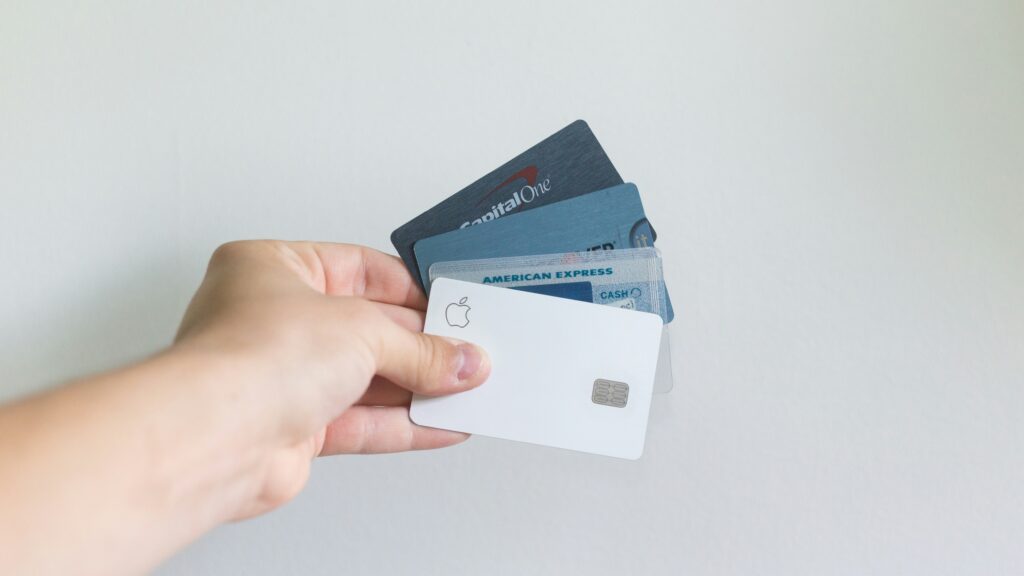Some links below are affiliate links, that help keep this site running at no extra cost to you. Learn more here.
Planning a trip to Javea or making the move to this beautiful town on the Costa Blanca? You’ll want to sort out your money situation without getting stung by poor exchange rates or hefty fees.

I’ve put together this guide to help you get the best value when exchanging your currency for euros, whether you’re here for a week’s holiday or settling down here long term. You’ll find all the practical information you need to make smart decisions about your money and where is the best place to transfer your money in Javea.
Best places to exchange currency in Javea
Currency exchange bureaus
There are a few currency exchange offices dotted around Javea, particularly near the port and in the Arenal area. These can be convenient if you need to exchange money outside banking hours.
Eurochange has a location near Playa del Arenal that advertises no commission fees. Their rates are usually better than most exchange places, though still not as good as banks. They’re open longer hours than banks, which can be handy.
Currencies Direct also has an office at Block 5 Local 2A Playa Arenal on Avenida de la Llibertat. They specialise in larger transfers and have a partnership with CaixaBank.
Be careful with any place advertising “zero fees” – they often make their money by offering worse exchange rates instead. Always ask what rate you’ll actually get before handing over your money.
Banks
One of the best options for currency exchange is one of the main Spanish banks. In Javea, you’ll find branches of Banco Santander, BBVA, and CaixaBank along the Avenida de Alicante and in the Javea port area.
Currency Exchange Rate Calculator
Real-time exchange rates for large currency transfers
The exchange rates at banks are generally fair, and you won’t have to worry about dodgy practices. You’ll need to bring your passport, and be prepared to wait – Spanish banks can be quite slow compared to what you’re used to back home.
Here are a list of banks:
- Banco Santander – There’s a branch at Carrer Príncep d’Astúries, 4 in the town centre, and another at Avenida de la Libertad near the port. They usually offer decent rates with no commission.
- BBVA – You’ll find them on Avenida País Valencià, just off the main Arenal strip. Good rates and they speak some English.
- CaixaBank – Multiple locations including one on Carrer del Codolar near the old town. Often has the best rates of the three main banks.
Most banks are open Monday to Friday from 8:30am to 2:00pm, with some branches opening on Thursday afternoons from 4:30pm to 7:45pm.
ATMs (cash machines)
The Santander ATM outside their Príncep d’Astúries branch is reliable and rarely has queues. There’s also a CaixaBank ATM at the Mercadona supermarket on Avenida de Alicante that’s accessible 24/7.
Your international debit card should work fine, but your home bank will likely charge fees. Most banks charge around 2-3% for foreign transactions plus a flat fee per withdrawal.
Important: When the ATM asks if you want to be charged in your home currency or euros, always choose euros. If you choose your home currency, the ATM will convert the money at a terrible rate and you’ll lose money.
Before you travel, check with your bank about partnerships with Spanish banks. Some international banks have agreements that let you use certain Spanish ATMs without fees.
Getting the best exchange rates
The exchange rate you see on Google or in the news isn’t what you’ll actually get – that’s the interbank rate that only banks use between themselves.
Banks typically offer rates that are 2-4% worse than the interbank rate, while exchange bureaus can be 5-8% worse. ATMs usually give you something close to the bank rate, making them often your best choice for small amounts.
If you’re exchanging a large sum (over €1,000), it’s worth shopping around between different banks. The difference in rates might save you a decent amount.
Don’t exchange money at the airport before you fly – the rates there are terrible. You’re better off getting a small amount from an ATM when you arrive and sorting out the rest once you’re settled.
Using your own debit/credit cards in Javea

Most places in Javea accept card payments, from restaurants to shops to the local market. Contactless payments work just like they do at home.
Your contactless limit will be whatever your home bank has set it to, not the Spanish limit. This can be handy as Spanish contactless limits are often lower than limits back home.
If you’re planning to stay in Javea for more than a few weeks, consider getting a card that doesn’t charge foreign transaction fees. Some online banks and building societies offer these – they can save you quite a bit if you’re spending regularly on your card.
Always choose to pay in euros when given the option, not your home currency. If a shop or restaurant offers to convert the price to your home currency for you, this is called dynamic currency conversion, and the rates are awful. You’ll lose money every time.
Other smart options to consider
Prepaid travel cards
These can be a great way to budget your spending and avoid nasty surprises on your bank statement. You load them with euros before you travel and use them like a normal debit card.
The Post Office and various online providers offer these. They’re particularly good if you’re worried about overspending or if you want to give spending money to teenagers.
Online currency exchange
If you like to plan ahead, some online services let you buy euros before you travel and either collect them or have them delivered. The rates are often better than high street banks, though you’ll need to factor in collection or delivery fees.
Currency exchange tips for different situations
If you’re here for a week’s holiday
Bring a small amount of cash with you (equivalent of €50-100) and you’ll get better rates than changing money before you travel.
Don’t worry about having loads of cash – most places take cards, and you can always pop to an ATM if you need more.
If you’re buying property or making large transfers
You’ll need to transfer larger amounts, and this is where specialist currency exchange companies can save you serious money. Companies like Lumonpay, or dedicated transfer services often beat bank rates by quite a margin.
Lumonpay specialises in large transfers and is very good if you’re moving significant sums for large purchases such as property purchases. They often offer better rates than the bigger brand names for substantial amounts.
Never use your regular bank for large property transfers – their rates and fees will cost you significant money.
If you’re living in Javea long-term
Open a Spanish bank account as soon as possible. This will save you constant ATM fees and make everyday life much easier.
Most Spanish banks require proof of address and income to open an account. If you’re an EU citizen, this is usually straightforward. If you’re not, you might need to show your NIE (foreigner identification number) first.
Again, when transferring your wealth over to Spain, I recommend using a service like Lumon to help you transfer.
What to avoid
Stay away from the currency exchange places that advertise “no commission” in big letters. They make their money by offering terrible exchange rates instead.
Don’t exchange money with anyone unofficial – there are no legitimate street money changers in Spain.
Avoid changing money at hotels. The rates are usually even worse than airport exchanges.
Be wary of exchange places that won’t tell you the exact rate and all fees upfront. Any legitimate exchange service should be completely transparent about what you’ll pay.
Practical information
What ID you’ll need
Always bring your passport when exchanging money. Spanish banks and exchange bureaus are required by law to see photo ID for currency transactions.
A driving licence usually isn’t enough – they want to see your passport.
Spanish banking hours
Most banks close at 2pm and don’t reopen until the next day. Some open on Thursday afternoons, but don’t count on it.
Plan your banking needs accordingly – there’s nothing more frustrating than turning up at 2:30pm to find the shutters down.
Emergency options if you run out of cash
If you’re stuck without euros and the banks are closed, your best bet is finding an ATM. They’re available 24/7.
Some larger hotels might exchange small amounts for guests, but the rates won’t be great.
The main thing to remember is that getting money in Javea isn’t difficult – there are plenty of options available. Just avoid the tourist traps and you’ll be fine!

